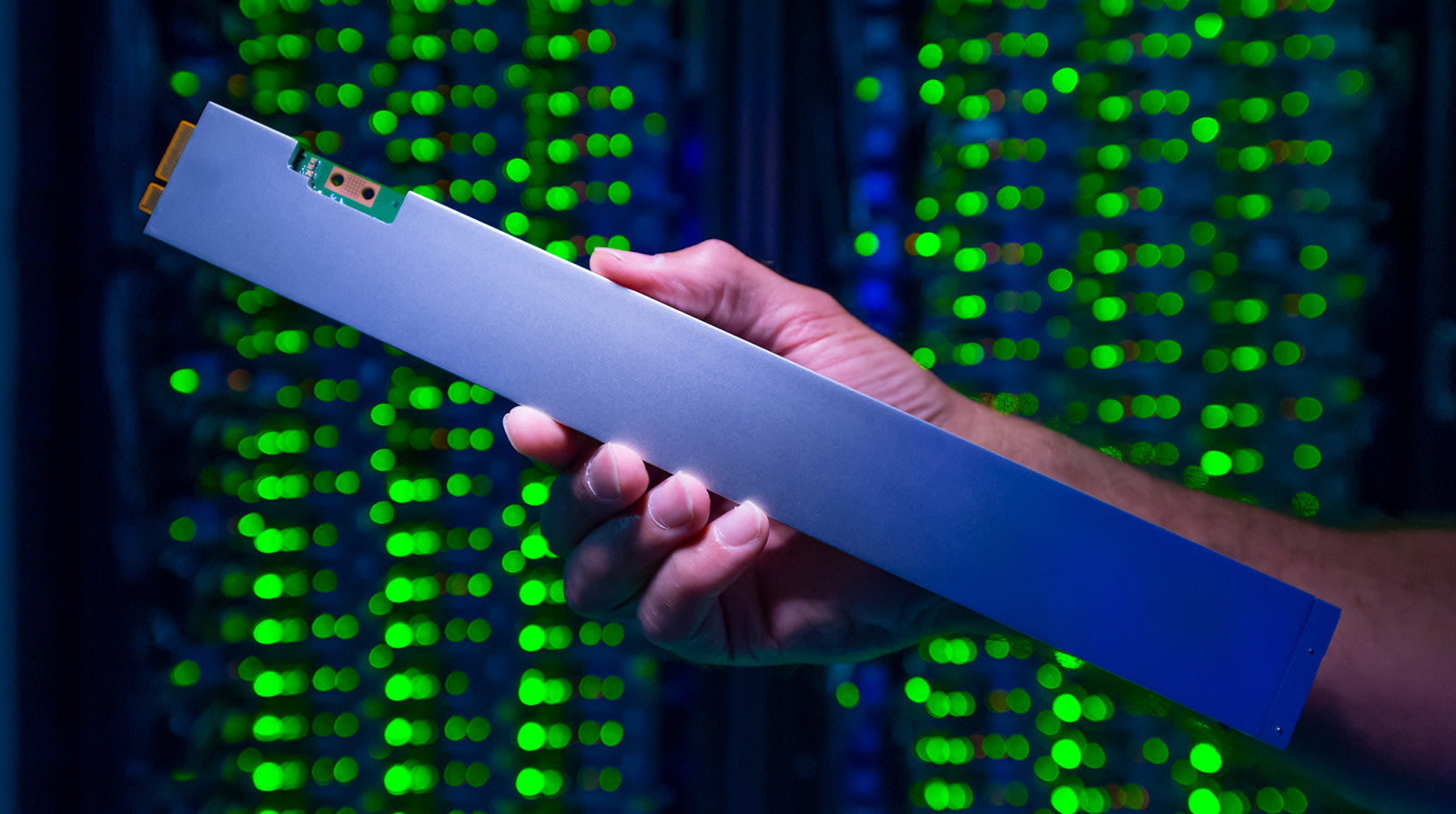Originally posted by torsionbar28
View Post
It's similar to battery tech in electric cars; sure they're going to get better overtime, so how long should you invest in one that you plan on holding on to for a long time vs leasing a car that you won't have to worry about that.


Comment